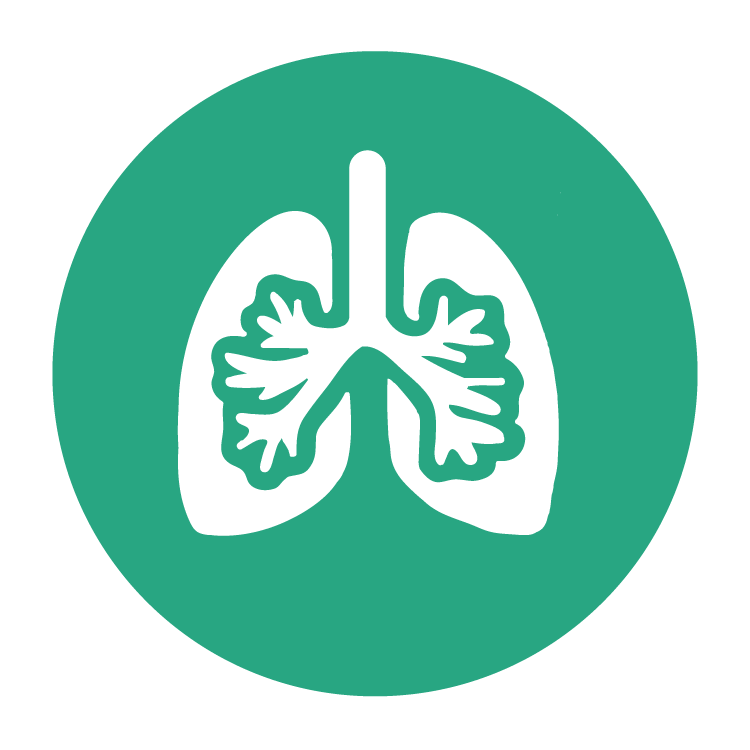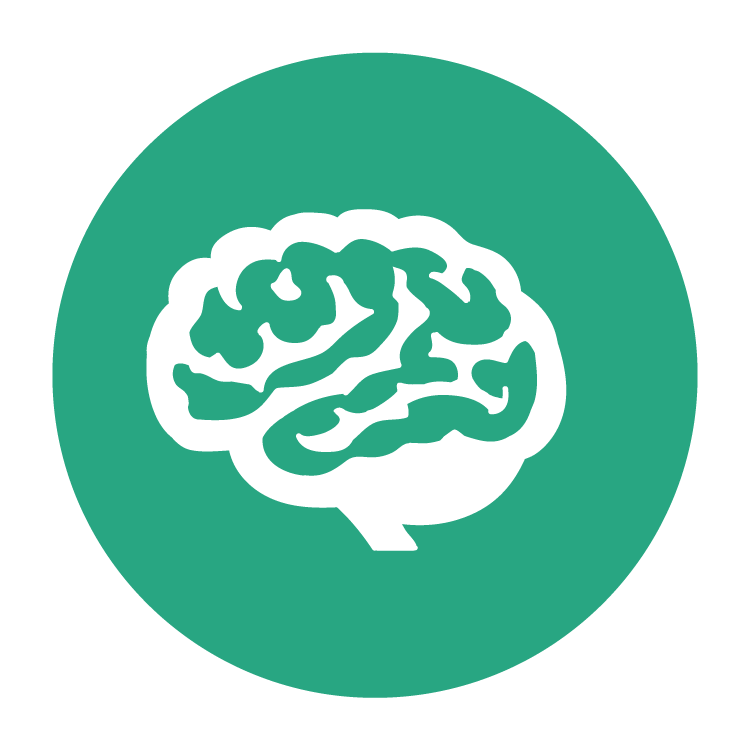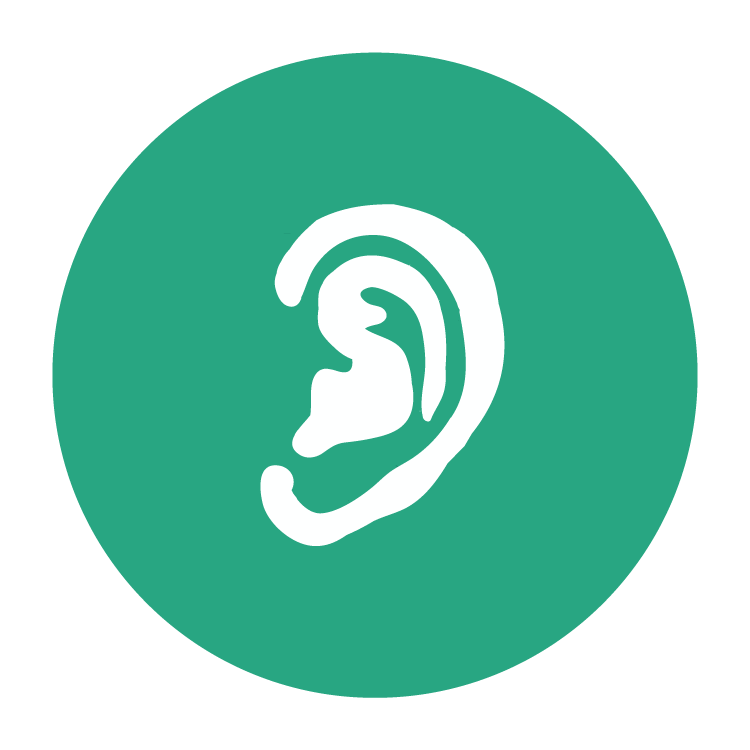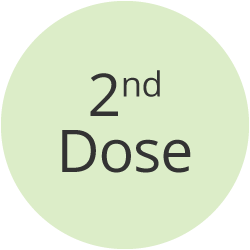Vaccine (Shot) for Pneumococcal Disease

How to pronounce pneumococcal: [noo-muh-KOK-uhl]
Four doses of a pneumococcal shot (PCV15 or PCV20) are recommended for children by doctors as the best way to protect against pneumococcal disease.
When should my child get a pneumococcal shot?
One dose at each of the following ages:
Why should my child get a pneumococcal shot?
- Protects your child from against potentially serious, and even deadly infections cause by pneumococcal disease, like pneumococcal meningitis (infection of the tissue covering the brain and spinal cord) and pneumonia (lung infection).
- Keeps your child from missing school or child care and you from missing work.
Pneumococcal shots are safe.
Pneumococcal shots are safe and effective at preventing pneumococcal disease. Vaccines like any medicine, can have side effects. These are usually mild and go away on their own.
What types of pneumococcal vaccines are there?
All babies and young children should receive a pneumococcal conjugate vaccine (PCV15 or PCV20). Children with certain conditions that increase their risk of pneumococcal disease may need more pneumococcal vaccines. It depends on which pneumococcal vaccines they already received and when. Talk to your child’s doctor about which vaccines they recommend.
What are the side effects?
Most children don’t have any side effects from the shot. The side effects that do occur are usually mild, and may include:
- Fussiness
- Feeling tired
- Loss of appetite (not want to eat)
- Redness, swelling, or soreness where the shot was given
- Fever or chills
- Headache
- Muscle aches or joint pain
Prepare for your child's vaccine visit and learn about how you can:
- Research vaccines and ready your child before the visit
- Comfort your child during the appointment
- Care for your child after the shot
What is pneumococcal disease?
Pneumococcal disease can cause infections of the ears, lungs, blood, and brain.
Pneumococcal disease is an illness caused by bacteria called pneumococcus. It is often mild, but can cause serious symptoms, lifelong disability, or death. Children younger than 2 years old are among those most at risk for the disease.
Treatment with penicillin and other drugs is not as effective as it used to be, because some strains of the disease have become resistant to these drugs. This makes prevention of the disease, through vaccination, even more important.
What are the symptoms?

Pneumococcal pneumonia (lung infection) causes:
- Fever or chills
- Cough
- Rapid breathing or difficulty breathing
- Chest pain

Pneumococcal meningitis (infection of the lining of the brain and spinal cord) causes:
- Stiff neck or headache
- High fever
- Increased sensitivity to light
- Confusion
In babies, meningitis may cause poor eating and drinking, low alertness, or vomiting.

Pneumococcal disease causes up to half of middle ear infections (otitis media). Symptoms are ear pain; a red, swollen ear drum; or sometimes, fever or sleepiness.

Blood infection (bacteremia and sepsis) from pneumococcal disease can cause fever, chills, or low alertness.
Is it serious?
Pneumococcal disease ranges from mild to very dangerous. About 2,000 cases of serious disease (bacteremia, pneumonia with bacteremia, and meningitis) occur each year in children under 5 years old in the United States. These illnesses can lead to disabilities like deafness, brain damage, or loss of arms or legs. About 1 out of 12 children who get pneumococcal meningitis dies.
How is it spread?
Pneumococcal disease spreads when an infected person coughs or sneezes. Some children may not even feel sick, but they could have the bacteria in their noses and throats. These children can still spread pneumococcal disease.
Do children in the United States still get pneumococcal disease?
Yes. Each year in the United States, pneumococcal disease causes thousands of cases of pneumonia and ear infections. Without vaccines, there would be many more cases. Among children, those younger than 2 years old are most likely to have a serious case of pneumococcal disease.
Follow the vaccine schedule
The Centers for Disease Control and Prevention, American Academy of Family Physicians, and American Academy of Pediatrics strongly recommend children receive all vaccines according to the recommended vaccine schedule.
- Get a list of vaccines that your child may need based on age, health conditions, and other factors.
- Learn the reasons you should follow the vaccine schedule.



